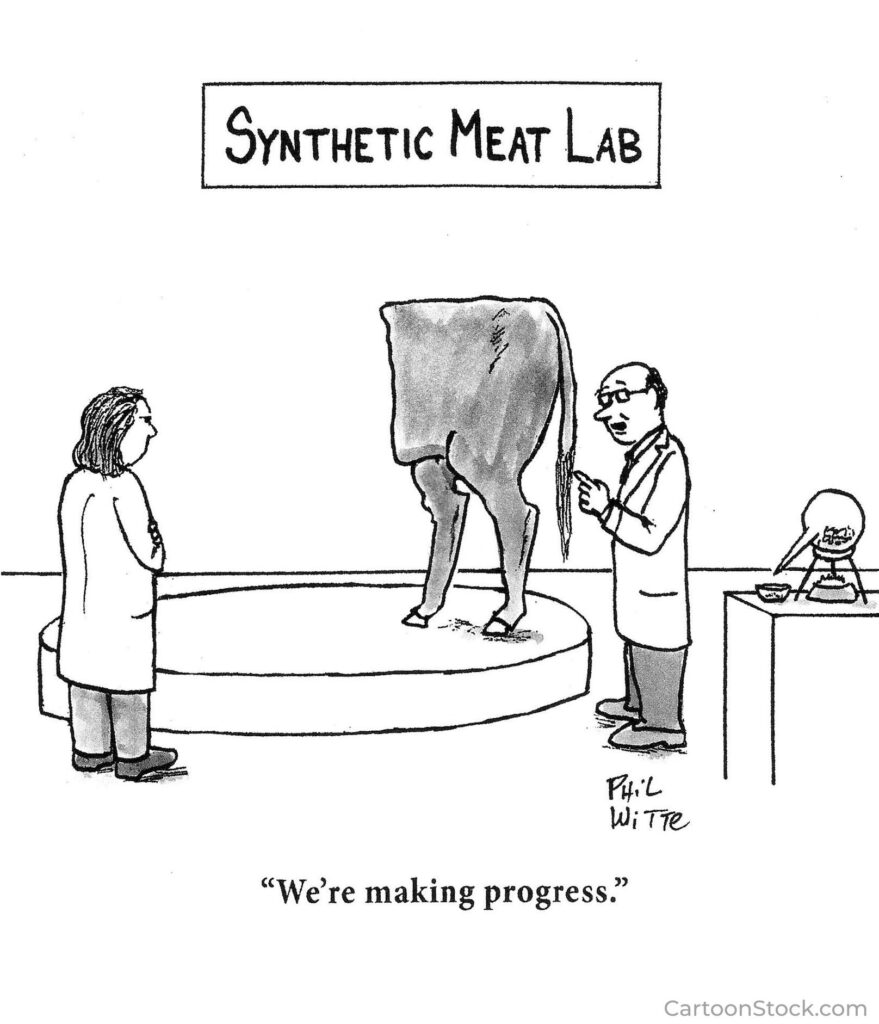This year marks the 20th anniversary of the publication of “What’s in a picture? The temptation of image manipulation,” in which I described the problem of image manipulation in biomedical research.
Two decades later, much has changed. I am reassured by the heightened awareness of this issue and the numerous efforts to address it by various stakeholders in the publication process, but I am disappointed that image manipulation remains such an extensive problem in the biomedical literature. (Note: I use the term “image manipulation” throughout this piece as a generic term to refer to both image manipulation (e.g., copy/paste, erasure, splicing, etc.) and image duplication.)
In 2002, I was the managing editor of The Journal of Cell Biology (JCB), and STM journals were transitioning away from paper submissions. We had just implemented online manuscript submission, and authors often sent figure files in the wrong file format. One day, I assisted an author by reformatting some figure files. In one of the Western blot image panels, I noticed sharp lines around some of the bands, indicating they had either been copied and pasted into the image or the intensity of those bands had been selectively altered.
I vividly recall my reaction, which was, “Oh shit, this is going to be a problem. We’re going to have to do something about this.” With the blessing of then editor-in-chief, Ira Mellman, I immediately instituted a policy for the journal to examine all figure files of all accepted manuscripts for evidence of manipulation before they could be published. We began using simple techniques, which I developed along with three of my colleagues at the time, Rob O’Donnell, Erinn Grady, and Laura Smith. The approach involved visual inspection of each image panel using adjustments of brightness and contrast in Photoshop, to enhance visualization of background elements.
Continue reading What’s in a picture? Two decades of image manipulation awareness and action








